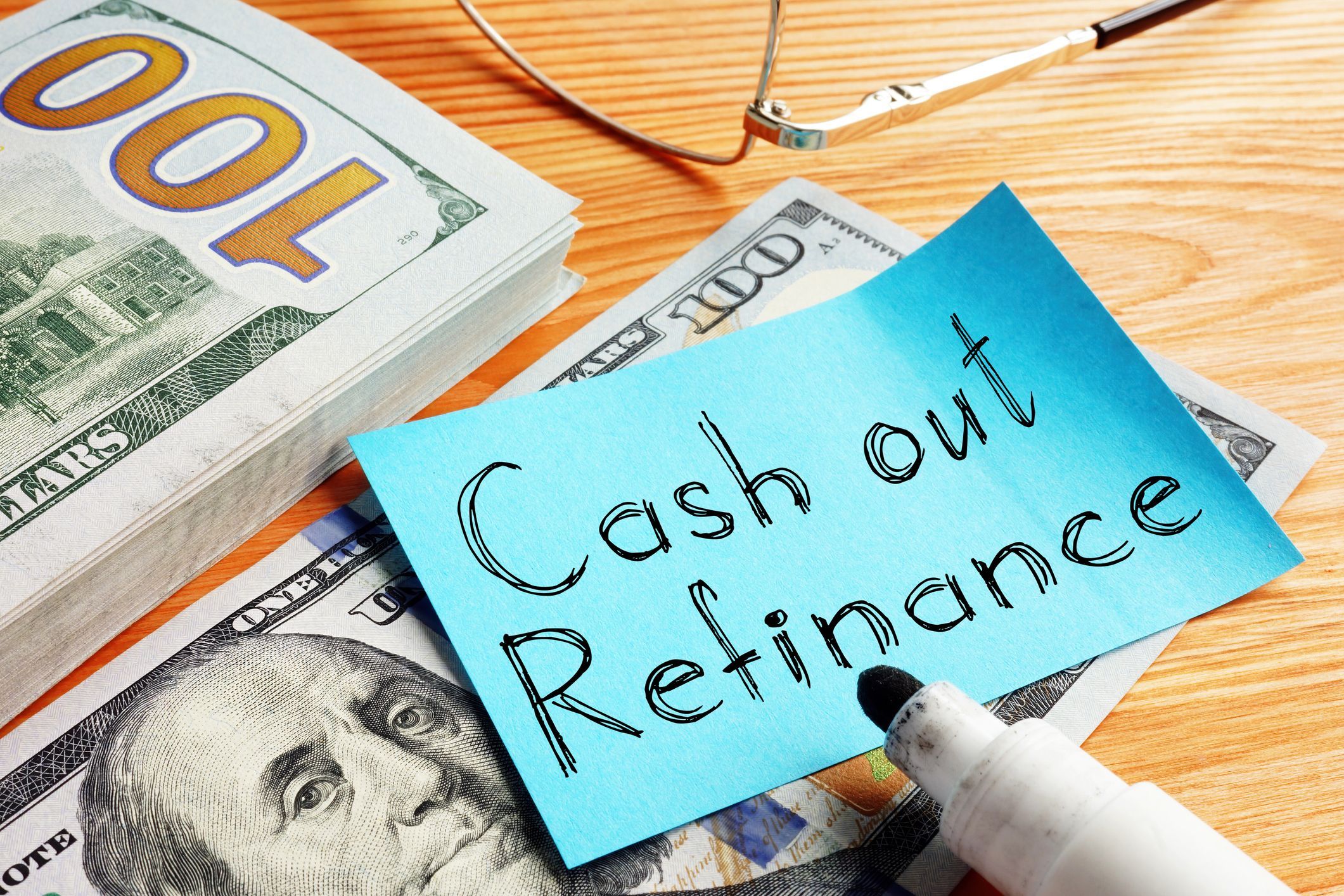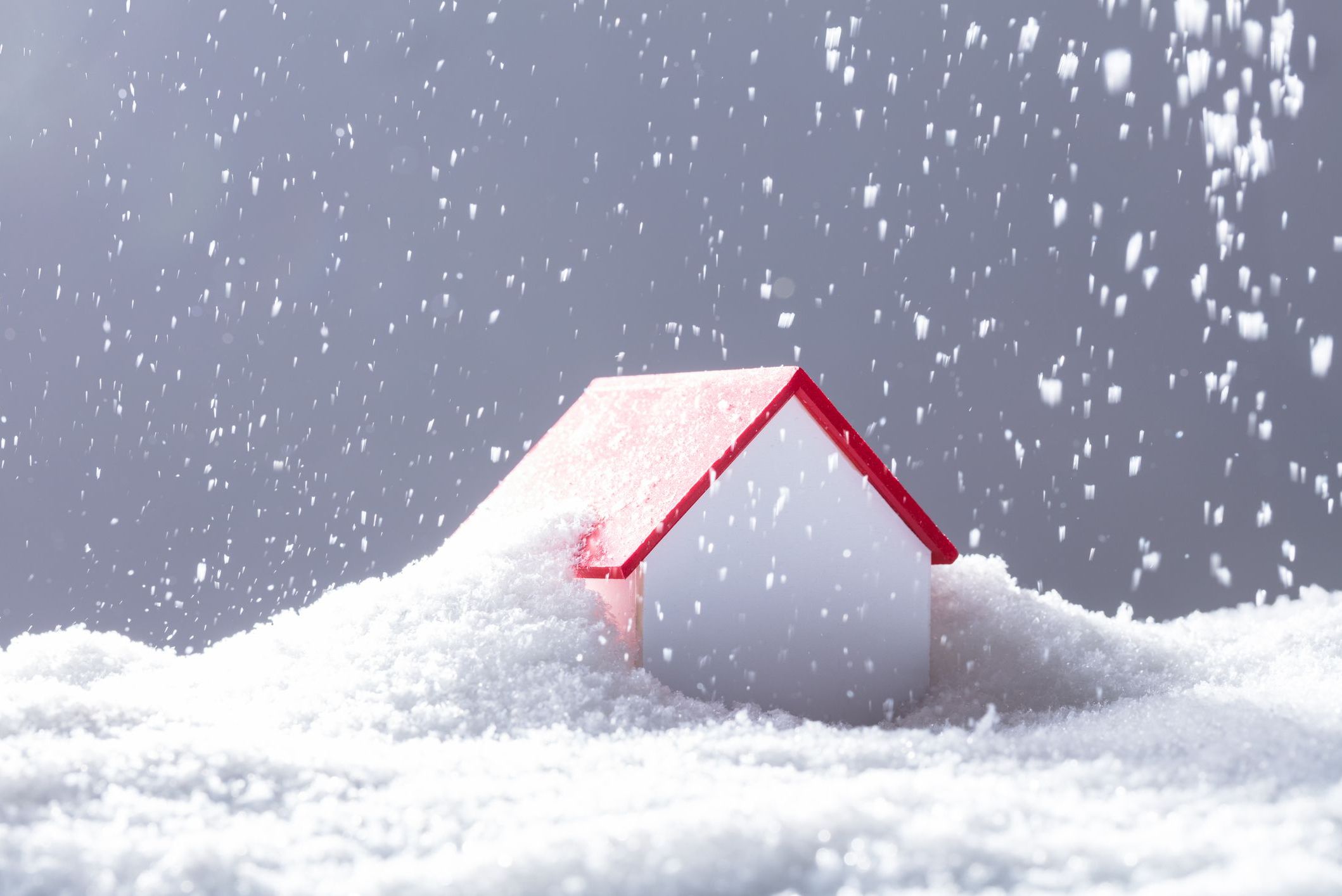How Much Money Should You Access With a Cash-Out Refinance?
If you have lived in your house for several years, you’ve probably built up a substantial amount of home equity. A cash-out refinance can let you use equity to pay for repairs or home improvements, consolidate debt or fund other purchases. Before you choose a cash-out refinance, make sure that you understand the terms and think carefully about the amount you should take.
How Does a Cash-Out Refinance Work?
Equity is the amount of your house that you own. It’s your home’s current value, minus your outstanding mortgage balance.
With a cash-out refinance, you can tap into your home equity and receive money in a lump sum. You’ll be able to use those funds however you want.
If you choose a cash-out refinance, you’ll replace your current mortgage with a new one. The balance on the new mortgage will be the outstanding balance on the previous loan, plus whatever amount you receive through the cash-out refinance.
You’ll have to submit an application and have your house appraised. A lender will evaluate your application, check your credit and decide whether to approve your request.
How Much Money Should You Take?
Lenders set their own guidelines, but they generally require homeowners to have at least 20% equity remaining after a cash-out refinance. If you have a substantial amount of equity, you might be permitted to take out a large sum, but that doesn’t necessarily mean that you should.
Remember that the amount you receive in cash will be added to your loan balance. Your new mortgage might also have a different interest rate and/or term than the old loan. That means your monthly payments might jump and strain your budget, or it might take several years longer for you to own your house free and clear.
When you refinance
You’ll have to pay closing costs, which will be a percentage of your loan amount. A larger loan will mean higher closing costs.
You might want to tap into equity again in the future to cover home repairs or other expenses. Taking a large sum of money through a cash-out refinance can leave you with little equity and limit your options in the years ahead. If you need money later, you might not be able to qualify for a home equity loan or a home equity line of credit.
Think about your financial goals and whether tapping into your home equity is the best way to achieve them. If you decide to pursue a cash-out refinance, make sure that you’ll be able to afford your new monthly loan payments and have enough equity left to cover unexpected bills that you might face in the years ahead.






